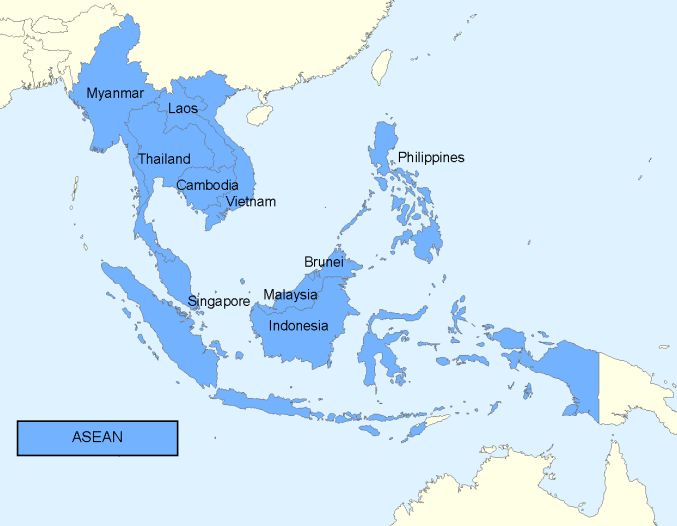Representatives of the Republican Party in the US Congress came up with an initiative for the entry of a number of Southeast Asian states into the structures of the North Atlantic Alliance. According to the authors of the idea, this will strengthen NATO in general and ensure regional security in particular. Skeptics argue that such a process will lead to an increase in global contradictions.
In an interview with the popular American television channel NBC, Republican congressmen Tammy Duckworth and Dan Sullivan stated literally the following: “Delegates from Japan, South Korea and Philippines attended the NATO summit in Vilnius on July 11-12. There is no doubt that in the foreseeable future these countries part of the Alliance”.
From the point of view of international law, this statement (or assumption – as you like) is nonsense. Firstly, Japan cannot integrate into the Alliance, since it does not have a regular active army – the Self-Defense Forces perform the corresponding functions. Secondly, Seoul will not become a member of the Western military bloc due to nominal hostilities with neighboring North Korea. And finally, thirdly, the Philippines has a non-bloc status – Manila is not going to carry out the constitutional changes necessary for integration into NATO.
“There are only two states left in the region that could be of interest to NATO: Laos and Taiwan, – European observer Marie Pyudebat said in a commentary for EURO-ATLANTIC UKRAINE. – But the whole point is that Laos has chosen the socialist path of development, and Taiwan de jure is not a subject of international relations”.
Against this background, Australia can be considered Brussels’ main ally in the region, Pyudebat said. Moreover, it is conditional to consider that the “Green Continent” is a separate territorial unit that is not part of the organization of the Asia-Pacific region.
Whether Canberra will join NATO is still unknown. However, at least, all the prerequisites for this are exists.


